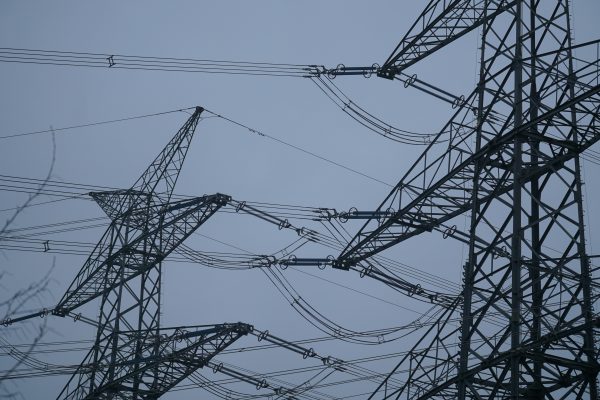The regulatory landscape for corporate renewable energy (RE) procurement in Tamil Nadu has undergone a significant revision. On September 18, 2025, the Tamil Nadu Electricity Regulatory Commission (TNERC) notified the (Terms and Conditions for Green Energy Open Access) Regulations, 2025, with an effective date of October 1, 2025.
These new regulations introduce several structural changes that directly impact the operational and financial viability of existing and planned Open Access (OA) projects, particularly those involving energy banking. Businesses must re-evaluate their current Power Purchase Agreements (PPAs) and future project models to maintain expected cost savings.
To help your business transition quickly, Neufin has launched a specialised product. Instead of relying on generalised assumptions, instantly model the precise impact of the new rules on your specific energy profile and project type.
→ Assess the Impact:
Use the Neufin Open Access Calculator today: neufin.co/energy/tn-open-access-calculator
Key Policy Changes and Financial Implications
The 2025 regulations preserve progressive aspects, notably allowing Green Energy Open Access (GEOA) to all EHT and HT consumers with a minimum contracted demand of 63 kVA and above. However, several provisions relating to energy banking introduce new operational complexity and costs for C&I consumers:
1. Introduction of Banking Charges
The TNERC has introduced an explicit 8% banking charge in kind for renewable energy generated from solar, wind, and wind-solar hybrid projects under Open Access.
- Financial Impact – For projects previously enjoying zero banking charges, this will increase the estimated Landed Tariff by approximately ₹0.05/kWh.
- Settlement Cycle – Banking settlement is now mandatory on a monthly billing cycle, eliminating the previously available annual banking facility. Unutilized banked energy at the end of the month will be sold to the Distribution Licensee at 75% of the applicable RE tariff.
2. Restriction on Third-Party Open Access (TPOA) Banking
Under the new policy, the facility for energy banking is not applicable and is not allowed for Third Party Open Access transactions. This is a critical change for TPOA projects, forcing them to operate on a real-time basis. The elimination of banking is expected to reduce the potential savings and contract sizes of TPOA projects by up to 30%.
3. Restricted Time-of-Day (TOD) Banking
The rules governing the adjustment of banked energy based on Time-of-Day (TOD) have been tightened. Energy generated and banked during the Normal and Off-peak zones is restricted to being adjusted only against consumption in the same respective zone.
- Impact to Group Captive Projects – These restrictions mean that energy generation must be more closely matched to demand profiles. This change is expected to reduce the project capacities and savings for Group Captive Open Access projects by approximately 15%.
4. Introduction of 15-min Block Settlements
The shift in the banking mechanism is further reinforced by the regulatory adherence to a 15-minute time block settlement cycle for energy accounting. This granular, block-by-block accounting is applied to all Renewable Energy (RE) generators, regardless of their commissioning date, for the purpose of Green Energy Open Access (GEOA) energy accounting. The actual banked energy—the surplus available after adjusting generation against consumption within the same 15-minute block—is what is subject to the new 8% charge and must be utilised within the monthly billing cycle. This level of granularity demands a highly accurate load forecasting and scheduling model to ensure minimal energy is left unutilised, thereby optimising the cost-effectiveness of the RE purchase.
Key Takeaways for Businesses
These updates fundamentally shift the cost structure and risk profile of Open Access RE in Tamil Nadu. Companies can no longer rely on previous financial modelling. Optimal sizing, technology mix (solar, wind, or hybrid), and consumption matching are now more crucial than ever to preserve ROI.
The next steps for any business involved in or considering Open Access in Tamil Nadu should be rooted in rigorous, granular analysis.
→ Optimise Your Strategy:
Use the Neufin Open Access Calculator to quantify the impact of the new regulations and confidently build a resilient RE strategy: neufin.co/energy/tn-open-access-calculator
Neufin also offers granular electricity tracking in 15 min slots through our software – Lumen. Reach out to us if this is of interest to your business.


